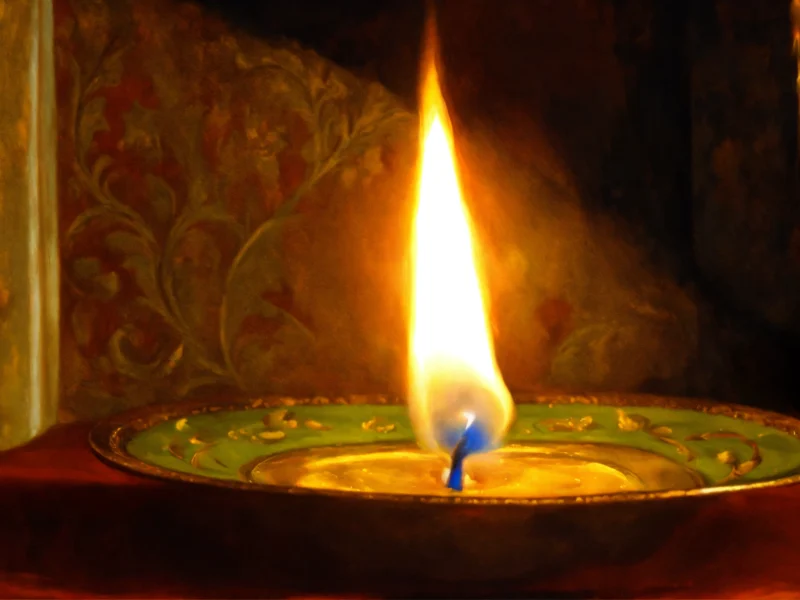What is Pitrupaksha?
Pitru Paksha, also known as Mahalaya Paksha or Shradh Paksha, is a sacred period in the Hindu calendar dedicated to honoring one’s ancestors, or pitrus, through various rituals and offerings. This observance plays a significant role in Indian spiritual and mythological traditions, and its origins can be traced back to ancient times.
The concept of honoring ancestors is deeply rooted in Hinduism and is believed to have its origins in the ancient Vedic scriptures. In these scriptures, there are references to rituals and ceremonies performed to pay homage to departed souls. However, Pitru Paksha as a specific observance is often associated with the Mahabharata, one of the epic Hindu texts.
According to Hindu mythology, Pitru Paksha is said to have been initiated by the great sage Karna, who was known for his unwavering loyalty and charitable nature. Karna, though born to Kunti, the mother of the Pandavas, was raised by a charioteer and thus considered a low-caste individual. However, he possessed immense valor and prowess as a warrior.
Karna’s generosity and charitable deeds were renowned, but he was often criticized for his low birth. To overcome this criticism and to earn divine merit, Karna performed numerous acts of charity during his lifetime. One of his most significant acts was the giving away of gold and food to the needy.
When Karna died in the Kurukshetra War, he ascended to the heavenly realms, where he was offered gold and food. However, Karna realized that he had not performed any offerings to his ancestors during his lifetime. He was troubled by this thought and appealed to Lord Yama, the god of death, for a brief respite to rectify this oversight.
Lord Yama granted Karna permission to return to Earth for a limited period during the dark fortnight of the lunar month of Bhadrapada (usually in September) to perform the necessary rites for his ancestors. This period came to be known as Pitru Paksha or the fortnight of the ancestors.
Karna’s actions and devotion to his ancestors during Pitru Paksha served as an inspiration to generations of Hindus, leading to the widespread practice of paying homage to one’s forefathers during this auspicious period. Today, Pitru Paksha is observed with various rituals, including the offering of food, water, and prayers to the departed souls, seeking their blessings and liberation.
It’s important to note that while the mythological origins of Pitru Paksha are associated with Karna, the practice itself predates the Mahabharata and has evolved over time. It remains an integral part of Hindu culture, emphasizing the importance of respecting and remembering one’s ancestors and their contributions to the family’s lineage.
What is the Time of Pitrupaksha
Pitru Paksha, also known as the fortnight of the ancestors or Shradh Paksha, is observed during the dark fortnight of the lunar month of Bhadrapada. This period typically falls in the months of September to October in the Gregorian calendar. The exact dates of Pitru Paksha vary each year as they are determined by the Hindu lunar calendar.
Pitru Paksha lasts for 16 lunar days, beginning on the first day of the waning moon in the month of Bhadrapada and concluding on the new moon day (Amavasya) of the same month. This period is considered highly auspicious for performing rituals and offerings to honor and seek blessings for one’s ancestors. It is believed that during this time, the souls of the departed are more receptive to the prayers and offerings made by their living descendants. The specific dates for Pitru Paksha can be calculated based on the Hindu lunar calendar for each year.
Important of Pitrupaksha
Pitru Paksha, also known as the fortnight of the ancestors or Shradh Paksha, holds significant importance in Hindu culture and spirituality for several reasons:
- Honoring Ancestors: Pitru Paksha is primarily dedicated to paying homage to one’s deceased ancestors. Hindus believe that performing rituals and offering prayers during this period can help the souls of the departed find peace and move closer to liberation (moksha). It is a way of expressing gratitude and respect to one’s forefathers who have contributed to the family’s lineage.
- Balancing Ancestral Debts: Hinduism emphasizes the concept of “Rinas” or ancestral debts that living family members owe to their ancestors. Pitru Paksha is a time when these debts can be repaid through various offerings, such as food, water, and prayers. By doing so, it is believed that one can free their ancestors from any lingering attachments and help them progress on their spiritual journey.
- Spiritual Growth: Observing Pitru Paksha is not just about benefiting one’s ancestors; it is also an opportunity for personal spiritual growth. Performing the rituals with devotion and sincerity can help individuals connect with their roots, reflect on the impermanence of life, and contemplate their own spiritual journey. It encourages self-awareness and humility.
- Maintaining Family Traditions: Pitru Paksha plays a vital role in preserving and passing down family traditions and cultural practices. It reinforces the importance of family bonds and continuity across generations. Elders often guide younger family members in performing these rituals, fostering a sense of unity and responsibility within the family.
- Karmic Implications: Hindus believe in the concept of karma, where one’s actions have consequences. By performing acts of charity and devotion during Pitru Paksha, individuals can accumulate positive karma, which may benefit them in their present and future lives.
- Community and Social Cohesion: The observance of Pitru Paksha brings families and communities together. It is a time when people visit their ancestral villages or hometowns, gather with relatives, and share meals. This communal aspect strengthens social bonds and reinforces the sense of belonging to a larger family and cultural community.
- Seeking Ancestral Blessings: Many individuals believe that by remembering and honoring their ancestors, they can seek their blessings for protection, prosperity, and overall well-being. Ancestors are often regarded as guardian spirits who can watch over and guide their descendants.
Pitru Paksha serves as a spiritually significant period for Hindus, promoting a sense of gratitude, humility, and unity within families and communities. It offers an opportunity to reflect on the cycle of life and death, repay ancestral debts, and cultivate positive karma, all while fostering a deep connection with one’s heritage and traditions.


